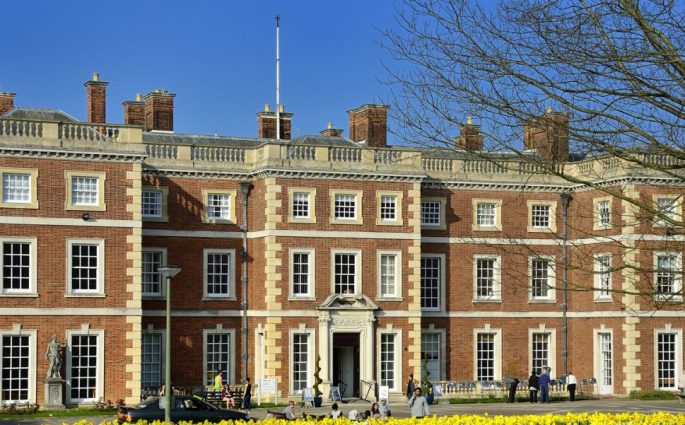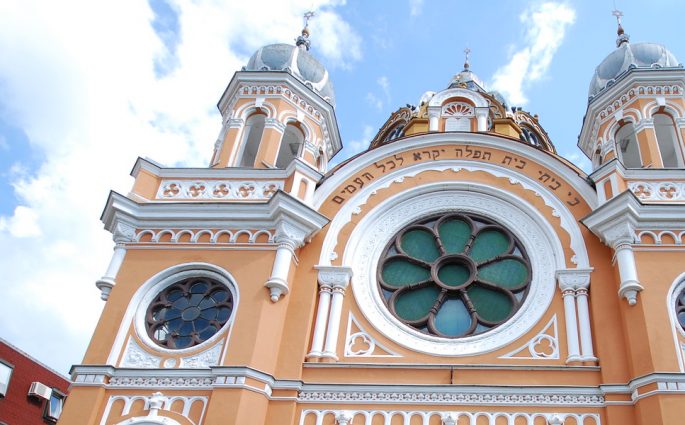Indigenous Agency and the Contingency of Empire
Kate Fullagar— December 10, 1776: one day—three vastly distant corners of the world. In the southern-most peaks of the American Appalachians, a Cherokee warrior called Ostenaco sits before the fire in his winter house, churning over the biggest decision of his eventful life—to concede defeat to the revolutionaries or to










